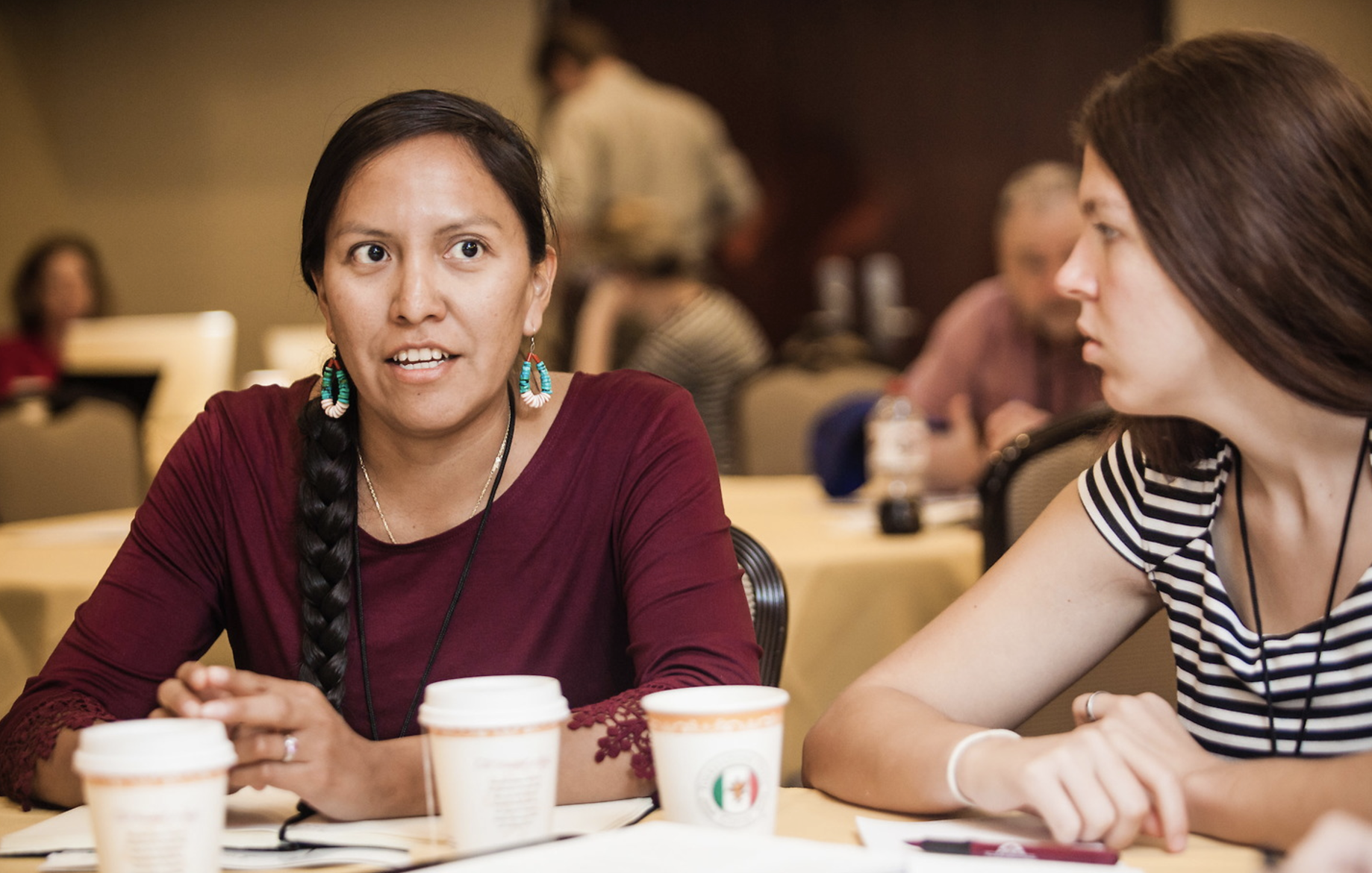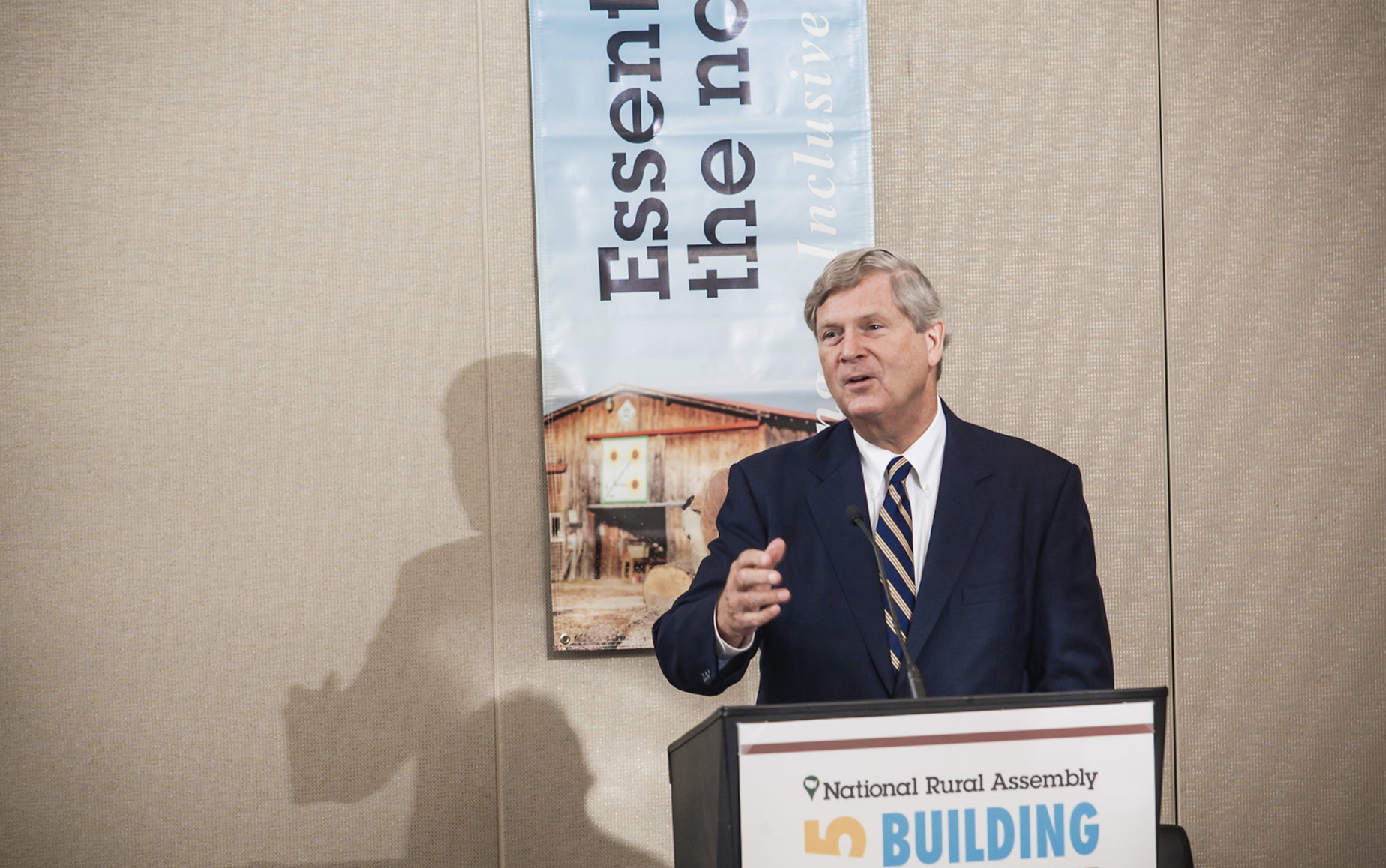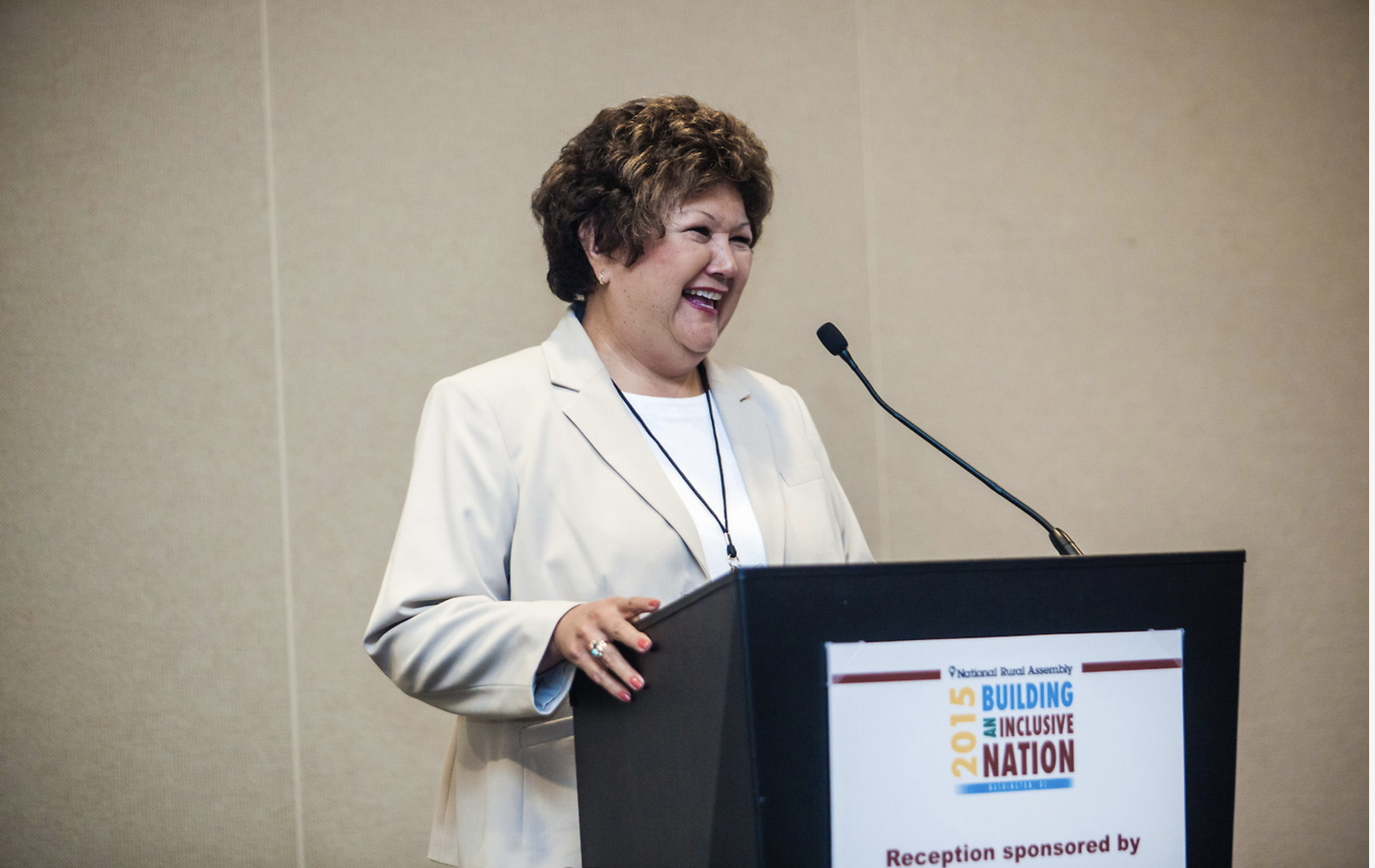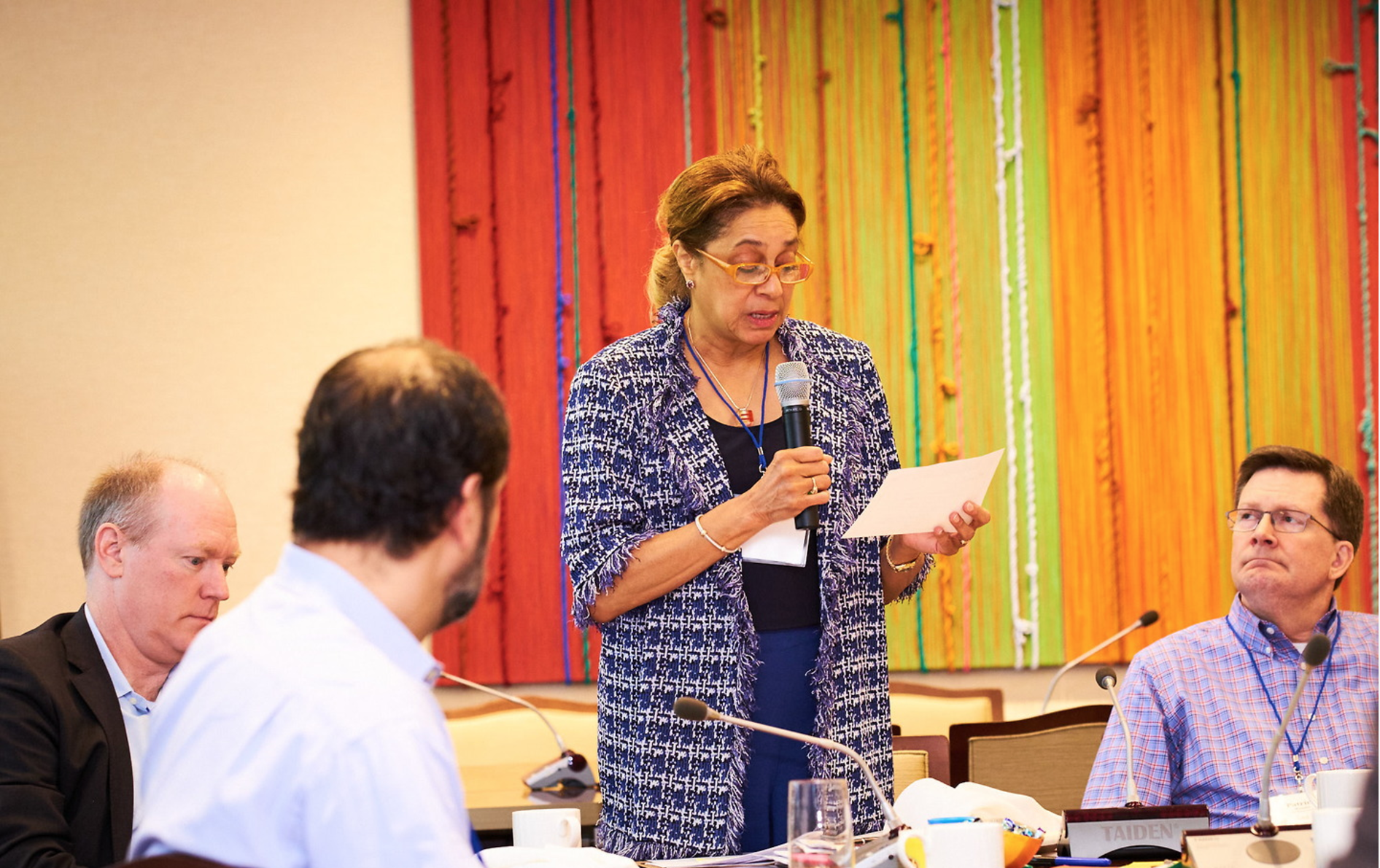Rural Assembly
The Rural Assembly is a coalition made up of over 400 organizations and individuals from 47 states working at local, regional, and national levels to build more opportunity and better policy for rural communities across the country.
Rural Strategies established the Rural Assembly in 2007 recognizing that policy advocacy is key to the creation of a national environment in which positive change for rural communities can occur. Government policy does not always adequately reflect the shared concerns of rural residents, and the Rural Assembly provides an opportunity for rural leaders and their allies to unite in a common cause.
The Rural Assembly has focused national attention on the opportunities and challenges facing rural America. The first Assembly gathering in Washington, D.C. in 2007 identified four policy priority areas: Quality in Education, Stewardship of Natural Resources, Health of Our People, and Investment in Our Communities.
By the 2008 gathering, Rural Strategies and the Rural Assembly Steering Committee codified those priorities and set them forth in a cornerstone document, The Rural Compact. Members of the 2008 Assembly also contributed to the Policy Opportunity Snapshots, a four-part document outlining the priorities within each policy area. In 2009 members of the Assembly delivered an action agenda with those priorities to Congress and the new administration.
As its partnerships and activities have increased, the Rural Assembly has become more effective in advocating for stronger policy for rural places, people, cultures, and economies. The 2008 policy priorities have now expanded to include rural broadband issues, and the coming year will involve greater opportunity for rural voices to be heard.
Assembly members are gaining access to the highest offices and carrying their stories and experiences into major decision-making environments. In the coming year, the National Rural Assembly will engage a broader rural advocacy network, joining with the Rural People, Rural Policy organizations and others to advance initiatives that will increase policy makers’ understanding of the diversity, challenges, potential, and importance of rural people and communities.























